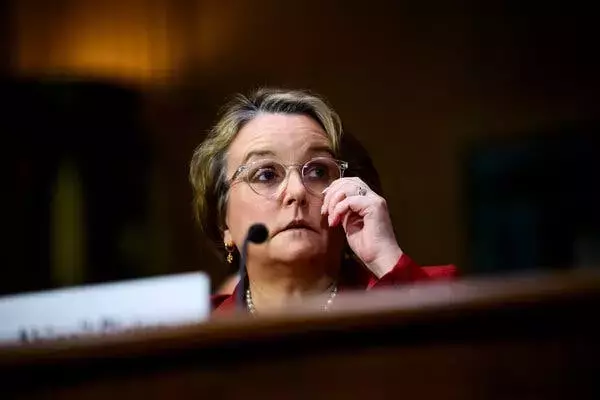



This report delves into critical shifts within the U.S. political and economic landscape, marked by internal conflicts in the Justice Department's antitrust division and evolving international trade dynamics. It sheds light on the intricacies of the Trump administration's policy approach, which, while generally aiming for a business-friendly environment, faces unique challenges in antitrust enforcement. Concurrently, the article examines the impact of U.S. trade policies on global relations, especially with the European Union and key Asian economies, alongside the Treasury Department's strategic maneuvering to address the burgeoning national debt. The narrative underscores the complex web of domestic governance and international economic relations.
A notable point of contention has emerged within the Justice Department's antitrust unit, indicating a growing strain over the direction of merger reviews. Reports from CBS News revealed the recent termination of Roger Alford and Bill Rinner, two senior aides to Gail Slater, the head of the antitrust division. While the specific reasons for their departure remain undisclosed, sources have hinted at insubordination. This development follows a period of intense public scrutiny regarding the department's antitrust policies, particularly after the unexpected resolution of a major tech merger case. The settlement, which allowed Hewlett Packard Enterprise to acquire Juniper Networks despite initial objections, has raised questions about political influence on legal decisions.
Adding to the complexity, conservative commentator Laura Loomer initially voiced strong criticism on social media, alleging that Chad Mizelle, the acting associate attorney general, pushed for the HPE settlement against the antitrust team's wishes. She also made unverified claims about substantial payments to consultants involved in the deal. Although Loomer later removed her post, the incident highlighted concerns about potential influence peddling and the transparency of the administration's decision-making process. The situation has prompted legal scholars and analysts, such as Rebecca Haw Allensworth of Vanderbilt University, to voice apprehension that political considerations might be overshadowing genuine competitive concerns in antitrust enforcement.
Beyond antitrust, the Trump administration's trade agenda continues to reshape global economic relations. A preliminary trade agreement between the U.S. and E.U., for instance, has left significant issues unresolved, particularly concerning the regulation of major technology companies. This uncertainty has led to speculation among American tech giants about the extent to which Washington will shield them from European regulatory penalties. Industry advocacy groups, like the Information Technology and Innovation Foundation, have expressed concerns that the deal fails to adequately address what they perceive as discriminatory European practices against U.S. tech firms, citing billions in fines levied against these companies by Brussels. European commentators, however, view the agreement as a victory for the bloc's regulatory autonomy, suggesting a continued push for policies that may impact American tech interests.
Meanwhile, the Treasury Department grapples with the challenge of managing a soaring national debt, currently at unprecedented levels. The department's quarterly refunding announcements, which detail its borrowing plans, have garnered considerable attention from Wall Street. Investors closely monitor these announcements for insights into the composition of short- and long-term debt issuance, as this mix directly influences government borrowing costs. The recent revelation that the Treasury expects to borrow over a trillion dollars this quarter, significantly more than previously forecast, underscores the scale of the challenge. This increase is primarily attributed to a lower cash balance and reduced net cash flows, compounded by a substantial budget deficit exacerbated by recent tax and spending legislation. Experts like Michael Pugliese from Wells Fargo emphasize the need for increased issuance across different maturities to accommodate the growing debt burden, while acknowledging the Treasury's strategic balancing act to minimize taxpayer costs by favoring short-term instruments, despite the long-term implications for interest rates and consumer borrowing.
In this dynamic environment, the interplay between political directives and economic realities remains central. The administration's efforts to foster a more business-friendly climate are often counterbalanced by internal policy disagreements and the pursuit of national interests in trade and finance. The ongoing negotiations with major trading partners, coupled with the intricate management of national debt, illustrate the multifaceted challenges facing policymakers. As the U.S. continues to navigate these complex waters, the decisions made today will undoubtedly shape the nation's economic trajectory and its standing on the global stage for years to come.
